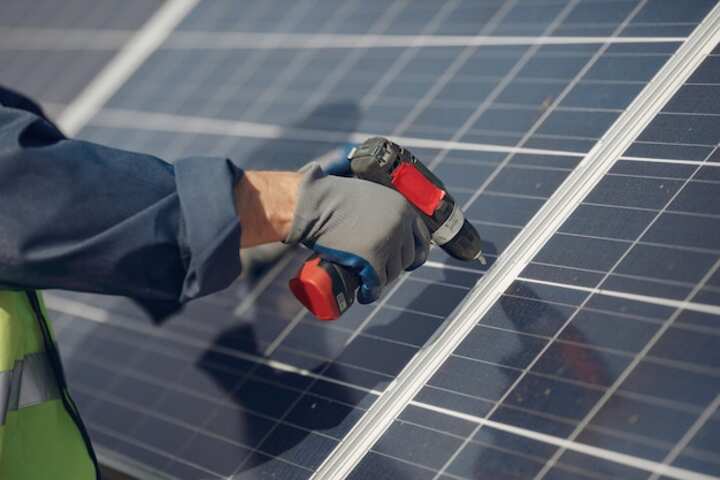
Overcoming Common Solar System Design Challenges with Local Experts
As the world increasingly turns to renewable energy sources, solar power has emerged as a leading solution for sustainable energy needs. However, designing an effective solar system is not without its challenges. Local experts play a crucial role in overcoming these challenges, ensuring that solar installations are both efficient and cost-effective. In this article, we explore common obstacles faced in solar system design and how collaboration with local professionals can lead to successful outcomes.
Understanding Local Climate and Environmental Conditions
One of the primary challenges in solar system design is accounting for the local climate and environmental conditions. These factors can significantly impact the performance and efficiency of solar panels.
- Sunlight Availability: Different regions receive varying amounts of sunlight throughout the year. Understanding the local solar irradiance is essential for designing a system that maximizes energy output.
- Weather Patterns: The frequency of cloudy days, rain, and temperature fluctuations can affect energy production. Local experts can provide insights into typical weather patterns to optimize system design.
- Environmental Hazards: Conditions such as high winds, snow, or dust storms necessitate specific design considerations to protect and maintain the longevity of solar installations.
Learn more in this detailed guide: Find additional information here.
Addressing Site-Specific Constraints
Every installation site presents unique challenges that must be addressed for a successful solar system design. Local experts provide invaluable assistance in navigating these complexities.
- Roof Orientation and Tilt: The angle and orientation of a roof can influence the efficiency of solar panels. Adjustments may be necessary to achieve optimal tilt and orientation.
- Shading Issues: Trees, buildings, and other obstructions can cast shadows on solar panels, reducing energy production. Local professionals can conduct shading analyses to mitigate these issues.
- Structural Integrity: Ensuring that rooftops or structures can support the weight and stress of solar panels is crucial. Local engineers can assess and reinforce structures if needed.
Explore further insights here: Read more about this topic.
Navigating Regulatory and Compliance Requirements
The solar industry is subject to numerous local, state, and national regulations. Adhering to these requirements is vital for legal compliance and successful project execution.
- Permitting Processes: Obtaining the necessary permits for solar installations can be complex. Local experts understand the intricacies of the permitting process and can expedite approvals.
- Building Codes and Safety Standards: Compliance with building codes and safety standards ensures the safety and reliability of solar systems. Local professionals are familiar with these regulations and can ensure adherence.
- Incentives and Rebates: Various financial incentives and rebates may be available to offset installation costs. Local experts can help navigate these opportunities for cost savings.
Find additional information here: Learn more in this detailed guide.
Optimizing System Performance and Maintenance
Ongoing maintenance and performance optimization are critical for the long-term success of solar systems. Local experts provide essential support in these areas.
- Regular Maintenance: Routine inspections and maintenance are necessary to ensure solar panels operate at peak efficiency. Local technicians can provide scheduled maintenance services.
- Monitoring and Troubleshooting: Monitoring systems can track energy production and identify issues. Local experts can quickly address any problems, minimizing downtime.
- Upgrades and Improvements: As technology advances, local professionals can recommend and implement upgrades to enhance system performance.
Explore further insights here: Read more about this topic.
Conclusion
Designing an efficient solar system requires a deep understanding of local conditions, site-specific challenges, regulatory requirements, and maintenance needs. By collaborating with local experts, these challenges can be effectively managed, leading to successful solar installations that deliver sustainable energy solutions. Discover how partnering with knowledgeable professionals can make a difference in solar system design: Learn more in this detailed guide.